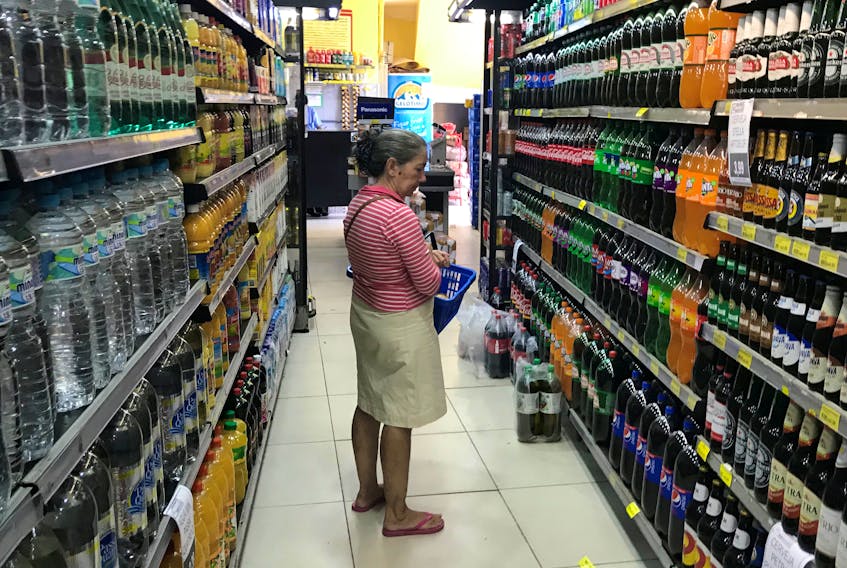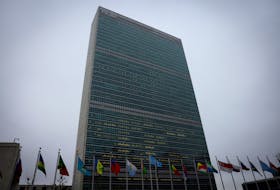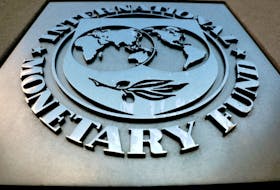By Jamie McGeever
BRASILIA (Reuters) - Brazil's government on Wednesday cut its 2019 economic growth forecast and raised its inflation outlook, recognizing a weak start to the year that has forced it to throttle back spending.
The government now expects gross domestic product to grow 1.6% this year, down from a prior outlook for 2.2% growth, and consumer prices to rise 4.1%, up from a prior 3.8% projection, according to a bimonthly fiscal report.
The widely flagged cut in growth expectations comes a week before official figures are expected to show the economy shrank in the first quarter, and heaps political pressure on far-right President Jair Bolsonaro, whose poll numbers are falling.
"Indicators of economic activity in the first quarter have not recovered as we had hoped, especially manufacturing and industry," the economy ministry report said.
Weaker growth means the central government's primary deficit will widen unless it takes further steps to keep its 139 billion reais projection intact, officials told journalists.
To that end, a further shortfall of 2.18 billion reais ($539 million) projected for this year will be covered by cash from a reserve fund rather than further spending freezes or cuts.
The last bimonthly public spending and revenue report in March called for 30 billion reais ($7.4 billion) of spending freezes.
While Economy Ministry officials had warned of a further shortfall of up to 5 billion reais in the report this week, the final figure was less than half of that, and they found a way to cover it with a reserve set aside earlier this year.
"We decided not to make any further budget freezes ... but the spending caps on all ministries will remain in place," said Waldery Rodrigues, special secretary to the economy ministry.
While few dispute the need to fix Brazil's public finances, the austerity measures - especially cuts to public investments - have brought serious political and economic consequences.
Tens of thousands took to the streets of more than 200 cities last week in the biggest demonstrations yet against Bolsonaro over a recent decision to freeze nearly a quarter of discretionary spending controlled by the education ministry.
A weak economy has contributed to a slide in approval ratings for Bolsonaro, a former army captain who took office in January after campaigning on pledges to fight crime and political corruption.
(Reporting by Jamie McGeever in Brasilia; Additional reporting by Marcela Ayres; Editing by Brad Haynes, Sonya Hepinstall and James Dalgleish)









